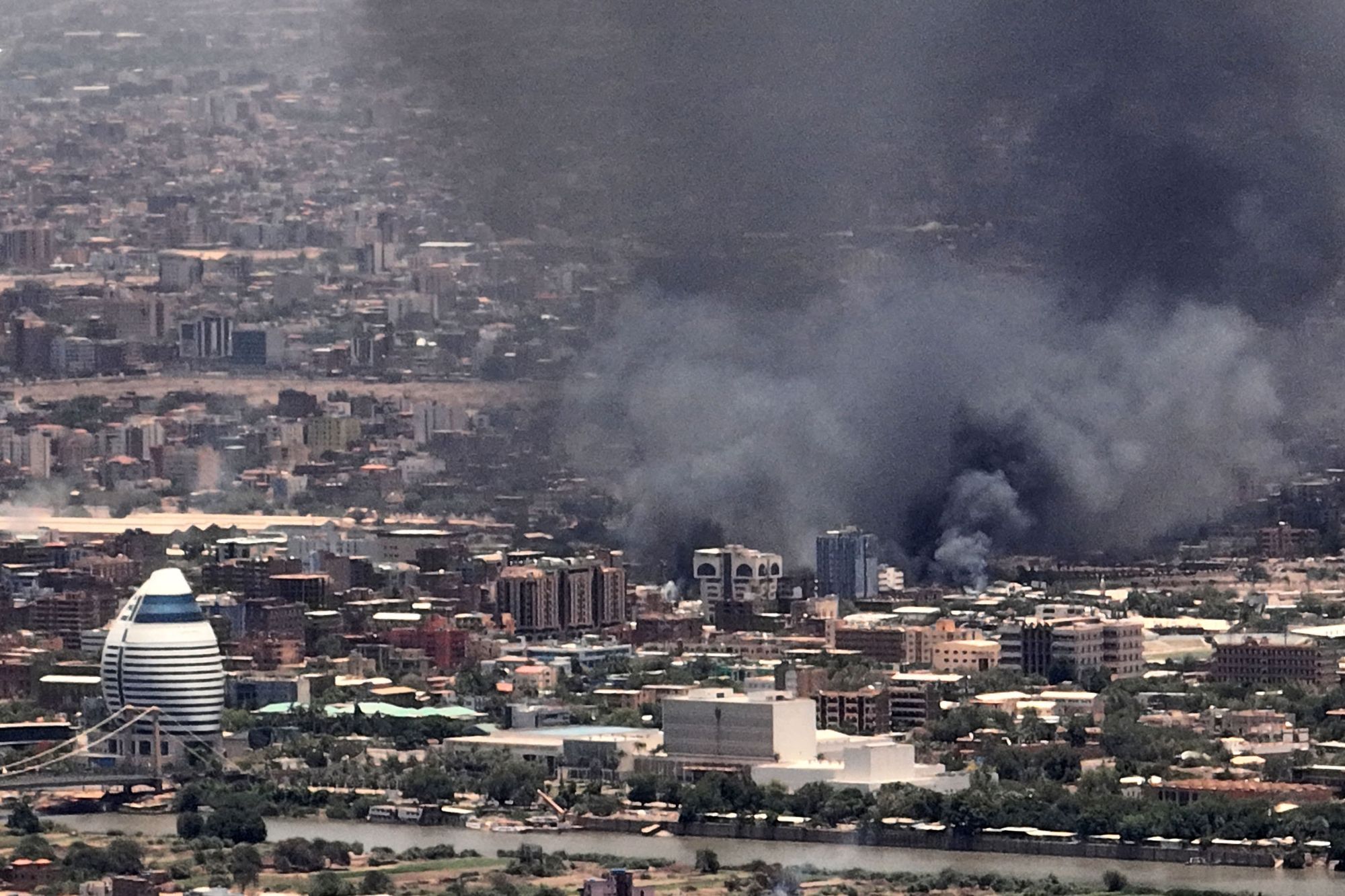A little over a month ago, fighting and chaos erupted in Sudan between the forces of two rival generals, killing hundreds of people and pushing over 850,000 people from their homes, igniting a humanitarian crisis and raising fears of a prolonged and unpredictable future for people in the region.
The ripple effects on the economy from the ongoing conflict and violence have begun to be felt in the North African nation as recent reports show that Sudan’s official gold industry; the country’s largest revenue earner; with exports of about 34.5 tons of gold worth over $2 billion last year has totally caved in.
According to reports from Bloomberg, Sudan’s Mineral Resources Company noted that gold exports have come to a halt as processing equipment has been damaged and the looting of several gold companies headquarters in the country’s capital Khartoum has made it worse.
The ongoing conflict poses a high risk to its neighbours especially in the Horn of Africa including South Sudan, Chad, the Central African Republic (CAR), and Libya, who have been battling different issues from insecurity to the effects of the longest drought in recent history.
Oil and Gas
For Africa’s youngest republic, South Sudan, which borders Sudan to the north, the consequences of the turmoil will not only be security-related but also economic and social.
Among the top industries that will be affected by the ongoing unrest is the oil industry as Sudan exports crude oil produced by South Sudan as the latter is landlocked. For Juba, the oil industry accounts for about 90% of the government’s revenue and 70% of the gross domestic product. Any conflict and slight disruption could acutely interfere with oil shipments and cause an economic collapse for a country with an already troubled economy with an inflation rate of 27.8 per cent, according to IMF figures
“South Sudan exports all its crude oil through Port Sudan, any disruption in the equipment, technology and supplies will lead to economic instability as the supply chain and production levels will be impacted,” says Akol Dok, Orus Consulting Managing Partner.
“Again South Sudan’s oilfields are located near the border with Sudan; at the Ruweng Administrative Area and Unity State, and northern Upper Nile- any interruption in the mining operations in this area will impact the production works,” echoes Mr. Dok
Agriculture
Agriculture provides the main source of livelihood for more than 80% of households in South Sudan according to official figures. Renk County ,the northernmost county in South Sudan whose proximity to Sudan has made it a key location for agricultural trade is known to be among the top regions that are the backbones of South Sudan’s food basket. Farming and trade patterns have historically been closely linked to Sudan, with a significant portion of the sorghum harvest destined for markets in Sudan which experts have warned will be greatly affected by the ongoing stalemate.
“The Renk County which supplied WFP with over 40K metric tonnes of sorghum last year is the most productive agricultural area in South Sudan and is on the verge of being affected by the discord as most supplies from fuel, seeds, and inputs come from Sudan.
“If the current situation persists, the cost of agriculture will increase impacting the price of food in the country”, Mr Dok reiterates.
Trade and Logistics
The suspension of air navigation services on Sudan’s airspace on April 16 as announced by Sudan’s Civil Aviation Authority, including above FL245 in South Sudan, due to “security reasons” has essentially obstructed the movement of persons and goods. With experts noting that this situation has caused a diversion in capital inflows and international trade while disrupting regional supply chains.
Air strikes and deployment of heavy offensive operation has also caused devastating damage to strategic public infrastructure, including key roads, bridges, and airports.
“ South Sudan’s border towns rely heavily on Sudan to import and export goods. The discord in Sudan is a dire threat to market reach and access; due to lack of infrastructure.
“The cost of living for the South Sudanese people will skyrocket since goods can’t reach Juba efficiently,” Akol notes

